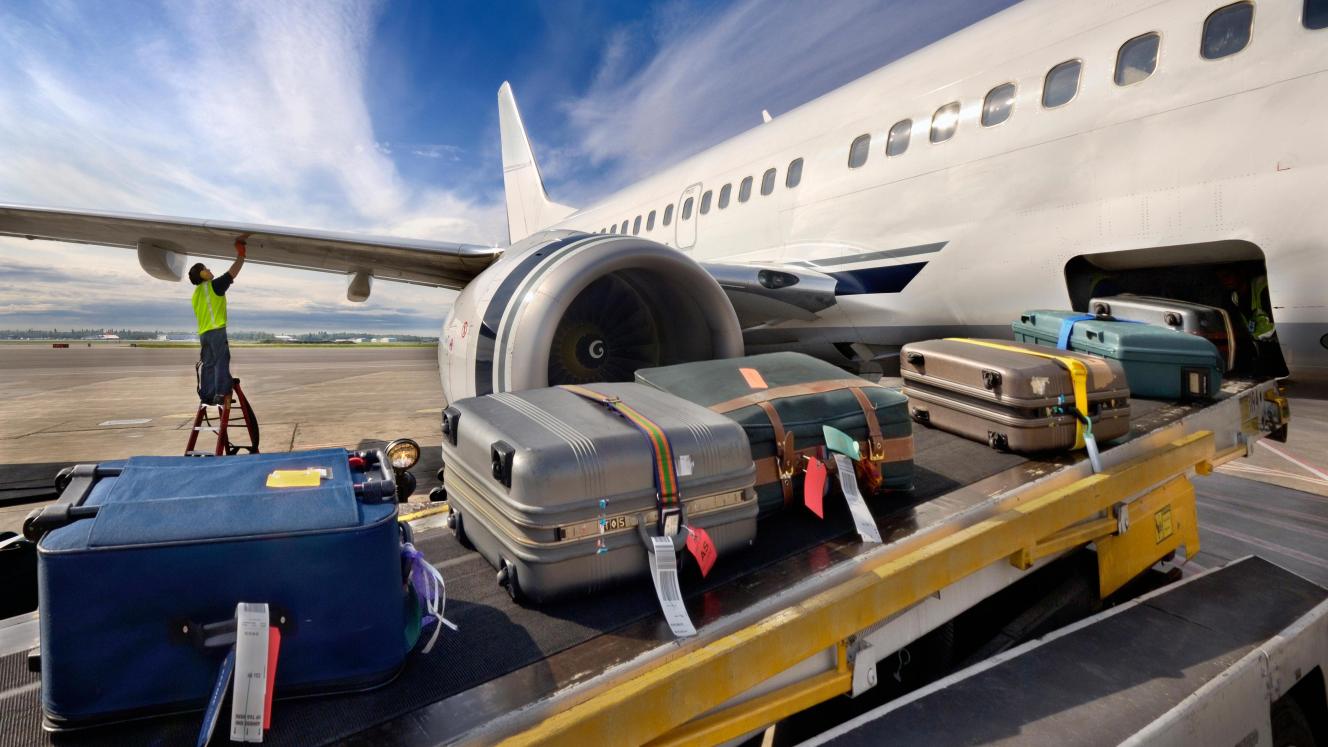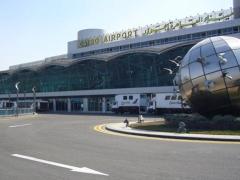Acsa has confirmed that a R2 million fine issued by the South African Civil Aviation Authority (SACAA) stems from a security incident in which a passenger managed to check in two grenades in luggage on an international flight departing from OR Tambo International Airport.
The ‘Free from Explosive’ grenades were packed in checked luggage on a flight from Johannesburg to Copenhagen via Addis Ababa on May 25. The items passed through three levels of Hold Baggage Screening (HBS) undetected and were only flagged during transit screening at Addis Ababa Bole Airport.
However, Acsa claims that Aviation Coordination Services (ACS) was solely responsible for the screening conducted in that zone and will be responsible for paying the fine.
The carrier operating the flight, Ethiopian Airlines, reported the incident to Acsa, which in turn notified SACAA as required under aviation security protocols.
“Following this, SACAA imposed a R2 million fine on Acsa in connection with a security breach in the Hold Baggage Screening area,” Acsa told Travel News. “However, this specific HBS area is not operated by Acsa, but by ACS.”
In response, ACS launched an internal investigation into the incident and determined that the grenades were flagged in Level 1 and Level 2 screening, but a human error occurred at Level 3 when the screener mistakenly cleared the baggage. The screener involved has since been dismissed following a formal disciplinary process.
In a statement to Travel News, ACS claims that its investigation was hindered, as it was only notified of the incident on June 8, nearly two weeks after the incident occurred.
“Acsa explained that one of its employees had initially missed the notification email from Ethiopian Airlines. Upon being notified, ACS immediately initiated a full internal investigation, in line with regulated aviation security procedures,” said ACS.
Who’s to blame?
Acsa has stated that it intends to pass the R2 million fine on to ACS.
The HBS services contract is the subject of an ongoing court battle. In June last year, Acsa announced plans to terminate ACS’s role and insource baggage screening services, but in November the court ruled in favour of ACS. Acsa appealed the decision but this was dismissed by the Gauteng High Court in May this year. Transport Minister, Barbara Creecy, then stepped in to issue a ministerial order to the Acsa Board to engage in a mediation process with ACS, as reported by Travel News.
She said: “I am concerned about the negative impact the protracted litigation could have on the integrity and reliability of HBS as the first line of defence against threats in the aviation system at Acsa’s airports.”
However, in light of this recent incident, Acsa has raised the issue of the contract again, alleging that ACS is “operating in a non-compliant manner”.
“ACS is responsible for this lapse in security and has also accepted liability for the incident, as they have subjected the employee responsible for the security breach to disciplinary action,” said Acsa.
Increased scrutiny
Following the incident, ACS’s investigation confirmed that this was an isolated lapse arising from human error and all screening systems, equipment and compliance measures were functioning as required.
“ACS will continue to strengthen its security framework, including increased screener oversight and training so that we prevent a recurrence of this sort of incident. We remain steadfastly committed to ensuring the highest levels of safety and security for all passengers, crew, and cargo using Acsa airports,” said ACS.













